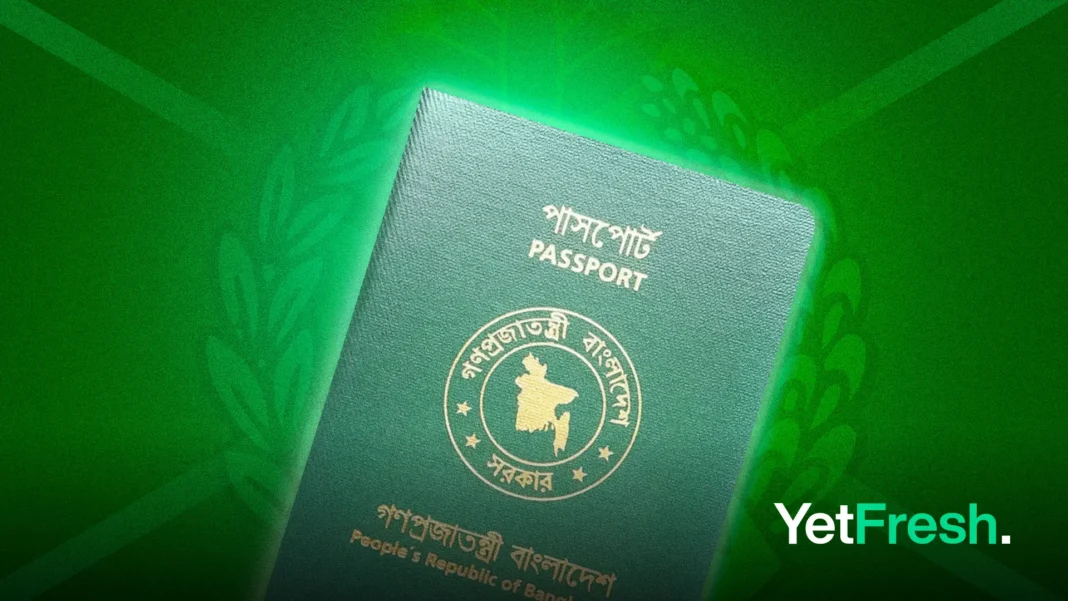Summary:
- Bangladesh eliminates mandatory police verification for passport issuance/renewal to reduce delays and public harassment, using national ID and birth registration as primary documentation.
- Over 16,000 passport applications remain stuck due to verification delays, with reports of systemic bribery (500–1,000 BDT) despite no official fees.
- Inter-ministerial meeting chaired by Home Ministry’s Senior Secretary Dr. Nasimul Ghani to finalize implementation guidelines for streamlined passport services.
- Reforms follow recommendations from advisory councils and commissions condemning political bias and corruption in police-led background checks.
The Bangladeshi government is set to remove mandatory police verification from passport issuance and renewal processes, aiming to streamline services and reduce public harassment. This decision follows an advisory council meeting chaired by Chief Adviser Dr. Muhammad Yunus, where delays and systemic corruption in police-led background checks were identified as critical barriers to efficient service delivery.
Current Backlog and Systemic Issues
Over 16,000 passport applications remain pending nationwide due to prolonged police verification delays. Applicants often face weeks-long waits, even in urgent cases involving medical treatment or overseas employment. Critics highlight rampant bribery, with officers allegedly demanding 500–1,000 BDT ($5–$12 USD) for processing reports, despite no official fees for this service.
Key Reforms and Rationale
The reforms shift verification responsibility to the National ID and birth registration databases, deemed sufficient for validating applicant credentials. Abdul Moyeed Chowdhury, Chairman of the Public Administration Reform Commission, emphasized: “Passport access is a citizen’s right, not a privilege. Countries like the UK deliver passports through postal services without police interference”.
Inter-Ministerial Meeting Advances Changes
An inter-ministerial meeting chaired by Home Ministry Senior Secretary Dr. Nasimul Ghani on Tuesday will finalize implementation guidelines. Representatives from law, expatriate welfare, and police departments will attend to ensure coordinated execution of the new policy.
Longstanding Criticisms of Verification Process
Police verification, originally intended to assess social standing, has faced scrutiny for enabling political bias and harassment. A November 19 Police Reform Commission report recommended ending political affiliation checks, noting they fuel corruption and discrimination. Commission Chair Safar Raj Hossain stated: “Judging applicants based on family political ties is illogical and must stop”.
Next Steps and Implementation
The Security Services Division will issue revised passport regulations following Tuesday’s meeting, aligning with the advisory council’s directive to prioritize citizen convenience and transparency. This overhaul marks Bangladesh’s latest effort to modernize public services and curb institutional graft.
Source: Samakal




